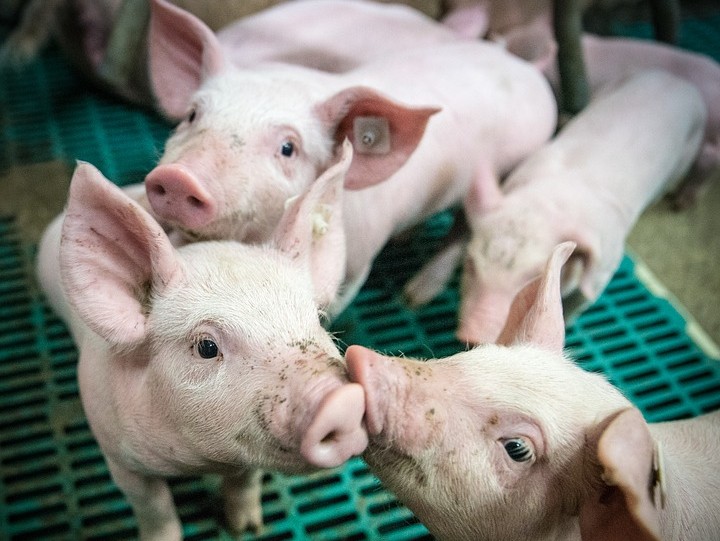
Rabobank sees optimism but also uncertainty in pig farming. The increased demand for pork is leading to rising prices, even though the number of outbreaks of African swine fever is still increasing. This creates uncertainty.
It is hard to estimate the overall decline in pork production in China. Rabobank expects production in China to fall by between 25% and 35% in 2019 compared with 2018.
At the moment, China is unable to rebuild its pig population. Pig farms that have been affected are even receiving limited financial compensation. It will therefore take several years for China to return to the 95% self-sufficiency level of 2018.
If the current market expectations become reality in practice, this will result in a positive development of liquidity. As in 2016 and 2017, sow farming in particular will benefit from this because of the above-average price of piglets. The reason for this is that the available production space for fattening pigs will grow faster than the production of piglets can increase.
Worldwide, companies with a lower cost price will benefit more and develop more strongly. This will therefore lead in the future to a different balance with greater differences within the EU. After the recovery of production in China, the level of self-sufficiency in the various continents will have increased, which will put EU exports under pressure.
The current price recovery will only lead a limited number of companies to change their strategy. After all, the question is whether the perspective and the environment change structurally.
More information on the Rabobank website
Source: © Rabobank